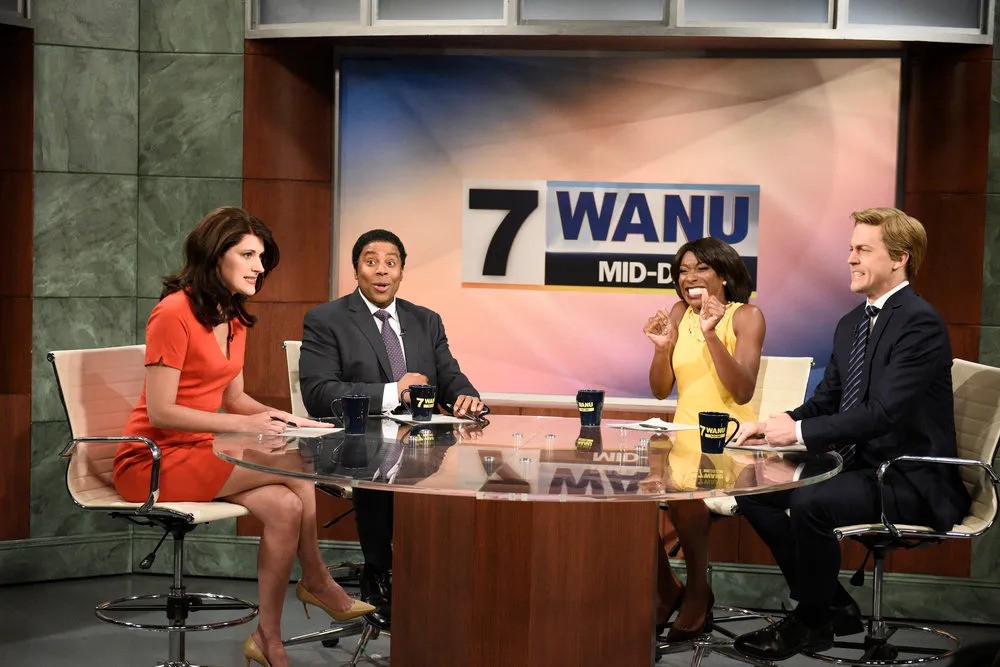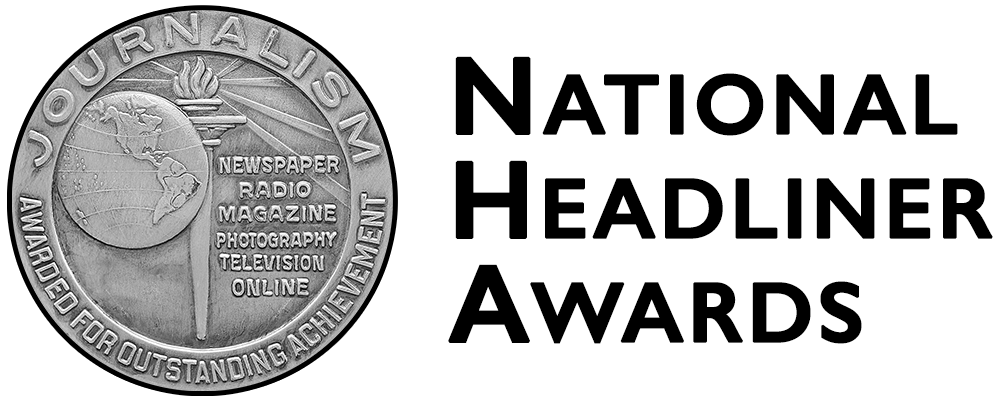DON’T TAKE CHANCES WITH CONTESTS, PROMOS
Since my column last month, two extraordinary events in Sacramento, Calif., and Boston have catapulted media contests and promotions to the national forefront.
In Sacramento, a woman died on Jan. 12 after participating in an on-air contest run by Entercom’s FM station, KDND. Contestants were asked to drink as much water as they could without urinating. Complaining she wasn’t feeling well, the woman was sent home where she was later found dead.
Her family has sued for wrongful death and asked the FCC to revoke the station’s license. The FCC will investigate. Police are considering possible criminal charges, and a petition to deny Entercom’s purchase of CBS stations elsewhere has been filed.
In the Boston case, Turner’s Cartoon Network’s “guerilla marketing” campaign shut down much of the city. People discovered and reported what they thought might be bombs—unlabeled light-emitting boxes placed on bridge supports and in other public places. The city closed roads and dispatched anti-terror squads.
Turner, a unit of Time Warner, eventually told authorities that the devices were to promote an adult cartoon. Public officials condemned the promotion, two marketing company employees were charged with placing hoax devices and disorderly conduct, and Turner apologized publicly and agreed to pay $2 million to the localities.
Though neither incident involved TV stations, both shine a public and regulatory floodlight on media promotions and contests, and the applicable law applies to TV and radio. Now seems an important time to review that law and some ways to keep on the right side of it.
(Please note that this article provides general guidance only, and is not a substitute for individualized legal advice for particular situations. This article also focuses on FCC compliance, but there are other sources of station liability, such as civil suits for damages, criminal prosecution, and false or deceptive advertising claims.)
Let’s start with the four main aspects of broadcast law that come into play:
1. Communications Act, Section 508. This law prohibits the rigging of any broadcast contest of intellectual skill, intellectual knowledge or chance. Violations are punishable by fines up to $10,000 and/or a year in prison.
2. FCC contest rule (Section 73.1216). This rule requires stations to fully and accurately disclose the material terms of the contest, and to conduct the contest substantially as announced or advertised. No contest description can be false, deceptive or misleading about any material term. “Material terms” define the operation of the contest and affect participation in it.
Each case is different, but material terms always include who is eligible and how to enter, entry and other deadlines, prize details (what they are, their value and how calculated, when they will be awarded and on what criteria) and tie-breaking procedures.
A good rule of thumb is to treat as material any feature that if disclosed could affect a viewer’s decision whether to participate. The idea is that entrants will incur some inconvenience and effort, and the station must equip them to make an informed decision whether to do that.
Entrants who end up feeling it wasn’t worth it, especially if they’d had full information beforehand, are potential complainants to the FCC or elsewhere. Material terms also should not be changed. If change is unavoidable, it should be done in consultation with counsel and fully disclosed.
Stations must disclose the material terms in on-air announcements, starting with the first one that indicates how to enter, and “continuing thereafter.” Not every announcement promoting the contest must contain all material terms, but they must be disclosed fully on the air periodically.
The contest rule applies to licensee-conducted contests that are broadcast or advertised to the general public. This rule does not apply to contests conducted by non-broadcasters (even if affiliated with the licensee) or to “commercial advertisement of non-licensee conducted contests.” Beware, however, that running an ad for someone else’s problematic contest can implicate the station under the general public interest standard (No. 4 below).
3. The FCC hoax rule (Section 73.1217). This one prohibits broadcasting false information about a crime or catastrophe without a disclaimer clearly characterizing the program as fiction, and unless the false information is “presented in a way that is reasonable under the circumstances.”
FCC liability does not attach unless: the licensee knew the information was false, it was foreseeable that the broadcast would cause substantial public harm and the broadcast did. Enforcement is particularly fact-dependent, and the licensee can and should control the facts ahead of time.
If a TV station had conducted and aired or advertised the Boston marketing campaign, FCC liability under the hoax rule would be possible post-9/11.Timing can be everything. Even with a disclaimer, broadcast of the Boston promotion might have failed the reasonableness test.
In other hoax rule cases, the FCC has fined stations for broadcasting the dropping of an atomic bomb during the first Gulf War, a simulated on-camera homicide and a Martian invasion, among others.
4. The overall public interest obligation. Since 1934 the federal Communications Act has required the FCC to grant a broadcast license only if it will serve “public convenience, interest or necessity.” After grant, the obligation applies to every part of station operation and requires continuous licensee control of its air and employees. Based on news accounts, that issue appears to be raised by the Sacramento contest.
Station liability is usually limited to contests that pose unreasonable risks of injury or other harm. For instance, the law recognizes that contestants bear some responsibility for themselves, such as understanding that sports play involves the risk of bodily contact injury.
Before airing or advertising any licensee-conducted promotion, broadcast managers should assess its potential for unreasonable risk of public harm. It is advisable to do the same for commercials for non-licensee contests or other high-risk activity.
Historically, certain contests have been especially problematic: anything affecting traffic (e.g., the winner must be first to reach a destination or locate a particular vehicle); scare announcements; and anything involving trespass or other incursion on private property (e.g., a treasure hunt or collection of a list of items).
Now, in light of these rules and regulations, here are some tips for avoiding trouble.
Vet all contests and promotions with top management beforehand and keep them involved throughout the events.
Get written releases. Whenever injury is a risk, require entrants to read and sign a release. Releases should be in plain English, identify the claims being waived, signed by a parent in the case of underage entrants, specify that the chance to win a valuable prize is consideration for the release and say that the entrant has read and understands the contest rules. Releases are not foolproof protection against lawsuits, and do not impact the FCC, but are still important to have.
In addition to disclosing material terms as required by the contest rule, distribute full contest rules to entrants.
Distribute a written company policy to all appropriate station personnel. At minimum, it should inform the personnel about legal requirements—federal and state, and the consequences of violation; make compliance licensee policy and employee responsibility; and require managerial clearance for promotions.
Visit outdoor and off-station sites involved in a promotion or contest. Inspect ahead of time for dangers to participants and to assure that locations are fully “on board.” Last year, Clear Channel was fined when a contest required visiting one of 15 car dealerships, not all of which were actually participating.
Recognize that injury is not necessary to liability. “Sweat the details” of full and accurate disclosure, conducting the promotion as advertised and avoiding unreasonable risk of harm. Plan carefully. (For instance, will multiple entries be allowed?)
Beware the lottery prohibition (FCC rule Section 73.1211). This rule is broader than contests and promotions, but applies to them. A lottery has chance, prize and consideration (i.e., something of value given up by entrants, such as a long drive or a fee). Structure promotions and contests so that they lack one of these elements (e.g., by having a contest of skill or easy entry without a purchase).
If a problem or violation occurs, take immediate corrective action. The FCC may consider this in deciding whether to fine or the amount of a fine.
Obtain written consent before using participants’ photos, voices, names in promotions. This can be done in the release or separately.
Use the tools of television to comply. Radio has only one dimension—audio—to reveal problems and demonstrate compliance. Television can run afoul of rules in either video or audio, but can also use both to show material terms and other compliance. Keep records showing compliance, such as tapes of on-air mentions and copies of written materials.
This is the second in a series of monthly columns on TV law and regulation by Michael D. Berg, a veteran Washington, D.C. communications lawyer and the principal in the Law Office of Michael D. Berg. He is also the co-author of FCC Lobbying: A Handbook of Insider Tips and Practical Advice. He can be reached at [email protected] or 202-298-2539.

























Comments (0)